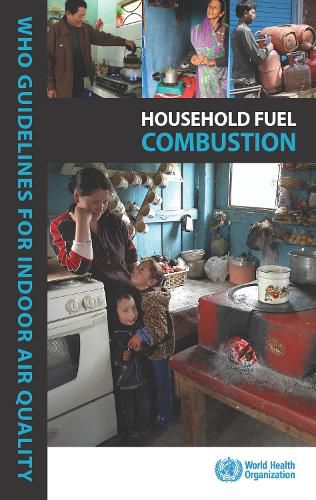Readings Newsletter
Become a Readings Member to make your shopping experience even easier.
Sign in or sign up for free!
You’re not far away from qualifying for FREE standard shipping within Australia
You’ve qualified for FREE standard shipping within Australia
The cart is loading…






The overall objective of these guidelines is to inform and support governments and their implementing partners to bring about this transition as quickly and equitably as is feasible. The guidelines focus on the following three areas of policy: What can realistically be done? This includes the development of a practical tool for selecting the best stove/fuel options based on their emission rates of key health-damaging pollutants. How clean is clean enough? This examines the best approach for ensuring that, during the transition from solid-fuel to cleaner burning fuels, those who cannot make an immediate and complete transition to clean, modern fuels (e.g. gas, electricity) still obtain substantial health benefits in the interim. What fuels should be restricted or avoided? The primary audience for these guidelines is decision-makers developing, implementing and evaluating policy to secure health benefits in the area of household energy, with a primary (but not exclusive) focus on low and middle-income countries (LMIC).
$9.00 standard shipping within Australia
FREE standard shipping within Australia for orders over $100.00
Express & International shipping calculated at checkout
The overall objective of these guidelines is to inform and support governments and their implementing partners to bring about this transition as quickly and equitably as is feasible. The guidelines focus on the following three areas of policy: What can realistically be done? This includes the development of a practical tool for selecting the best stove/fuel options based on their emission rates of key health-damaging pollutants. How clean is clean enough? This examines the best approach for ensuring that, during the transition from solid-fuel to cleaner burning fuels, those who cannot make an immediate and complete transition to clean, modern fuels (e.g. gas, electricity) still obtain substantial health benefits in the interim. What fuels should be restricted or avoided? The primary audience for these guidelines is decision-makers developing, implementing and evaluating policy to secure health benefits in the area of household energy, with a primary (but not exclusive) focus on low and middle-income countries (LMIC).